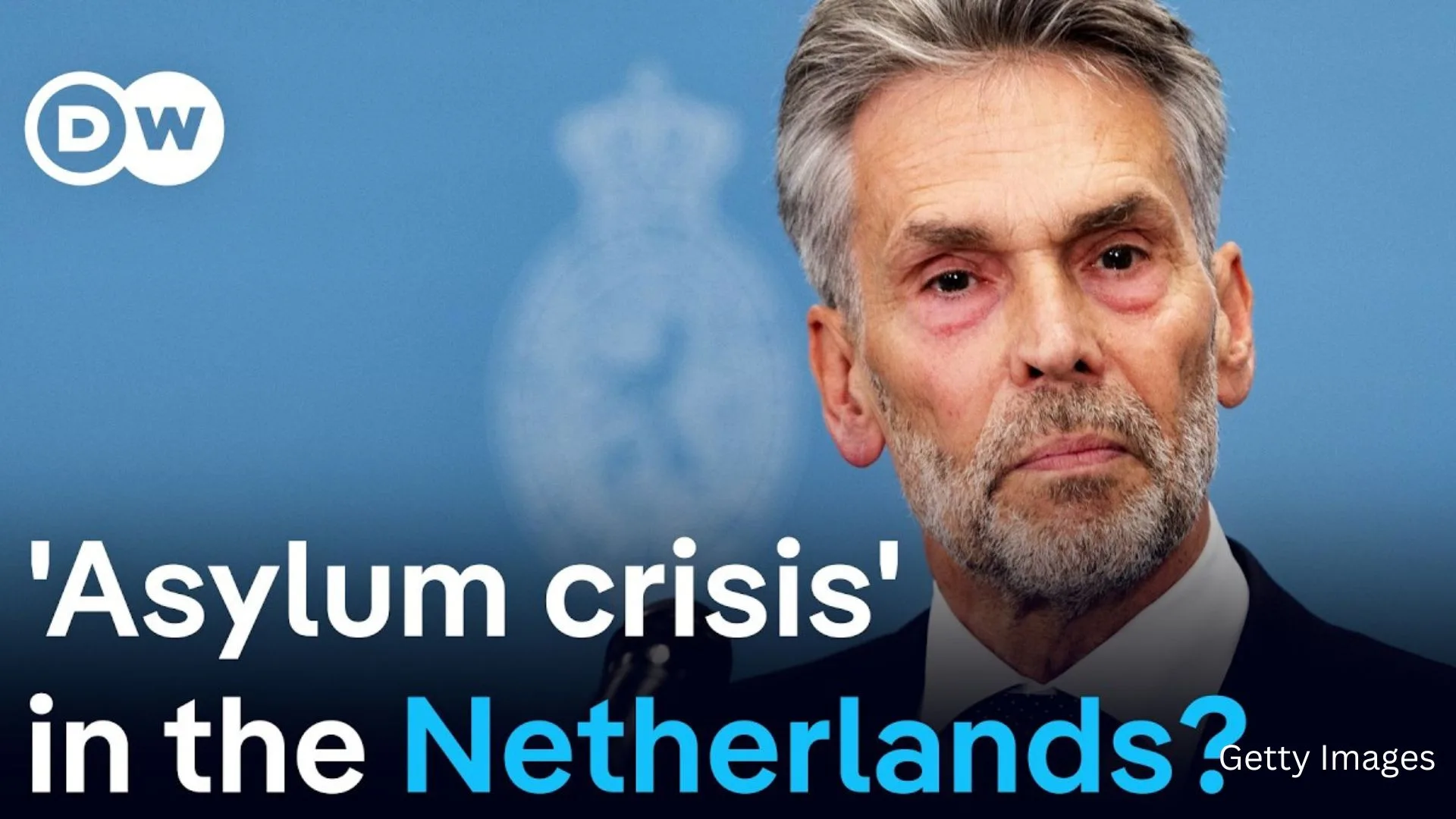The Netherlands is poised to declare a state of emergency in response to the intensifying migrant crisis, highlighting the increasing pressure on European states on migration matters. Dutch officials have announced that the government will pursue an exception from the European Union’s migration policy, citing the excessive pressure on the nation’s asylum system and infrastructure. This development represents a substantial alteration in the Netherlands’ migration policy and indicates the escalating tensions within the European Union (EU) concerning managing the persistent influx of migrants.
The Netherlands, akin to numerous other European nations, has seen increasing difficulties in managing a substantial influx of migrants and asylum seekers. Various circumstances, including hostilities in areas like the Middle East and North Africa, economic instability in other regions, and political oppression have propelled this increase. The influx of asylum seekers to Europe has surged significantly in recent years, exerting substantial strain on the EU’s border management and asylum frameworks.
The situation in the Netherlands has gotten exceedingly grave. Government officials indicate that asylum centers and shelters are functioning at maximum capacity, resulting in several asylum seekers lacking adequate housing or assistance. This has generated extensive apprehension regarding public safety, the well-being of migrants, and the overall stability of the nation’s social services.
Local reports indicate that temporary shelters have been inundated, necessitating the refusal of refugees owing to insufficient resources. This circumstance has escalated tensions within Dutch communities, as inhabitants endeavor to reconcile humanitarian responsibilities with apprehensions regarding the effects of extensive migration on their municipalities. There has been an increase in rallies and demonstrations, both in favor of and opposed to the ongoing acceptance of asylum seekers, further polarizing Dutch society about migration.

In reaction to the escalating crisis, the government of Dutch Prime Minister Mark Rutte has declared its intention to institute a state of emergency. This proposal, which would confer extraordinary powers to the government for managing the situation, is anticipated to enable authorities to prioritize resources and execute prompt actions to meet the urgent requirements of asylum seekers and local populations.
Proclaiming a state of emergency is an uncommon and significant measure for the Netherlands, indicating the severity of the problem. The initiative would facilitate the release of supplementary financing to assist overwhelmed refugee facilities, the prospective establishment of new shelters, and enhanced collaboration between national and local authorities to address the surge of migrants. Nevertheless, it also confers upon the government the power to impose limitations on movements, meetings, and potentially a temporary suspension of additional refugee admissions.
Concurrently with the proclamation of a state of emergency, the Dutch government is poised to formally seek an exception from the EU’s migration policy. This policy mandates that member states accept a percentage of asylum seekers as part of a burden-sharing framework, which has generated much discussion and discord within the bloc. Numerous nations, such as Hungary and Poland, have historically opposed obligatory quotas for the acceptance of asylum seekers, citing apprehensions over national sovereignty and the socio-economic ramifications of large-scale migration. The Netherlands’ desire for an opt-out would certainly encounter substantial opposition from other EU member states, particularly those that have complied with the migration quotas despite internal difficulties. The Dutch government contends that the existing EU framework is unsustainable and fails to accurately represent the realities in nations experiencing excessive migratory pressures.

The Netherlands’ choice to pursue an exemption from the EU migration policy prompts inquiries over the future of Europe’s migration strategy. The bloc’s existing framework has faced significant criticism for its failure to fairly allocate the task of managing migrants and asylum seekers across member states. Southern European countries such as Italy, Greece, and Spain have experienced a significant influx of newcomers due to their geographical closeness to migration routes, resulting in congested camps and taxed national resources.
Conversely, northern European nations, such as the Netherlands, Germany, and Sweden, have experienced an increase in secondary movements, wherein asylum seekers initially registered in southern EU countries migrate northward in pursuit of improved living conditions or enhanced resettlement opportunities. This has intensified the strain on the asylum and social systems of these nations, with some, like the Netherlands, nearing a breaking point.
The Dutch government’s request for an opt-out is not unprecedented. Denmark, for example, obtained an exemption from certain aspects of the EU’s justice and home affairs legislation, including migration regulations, during the 1990s. This was agreed upon during the country’s entrance to the EU and represents a distinct circumstance. The Netherlands would be seeking such a concession during a period when European unity is considerably strained, and the bloc is grappling with maintaining a cohesive position on essential matters such as migration, security, and economic stability.
The Dutch government’s decision has elicited varied responses domestically. Some political factions and portions of the public endorse the state of emergency declaration as essential for safeguarding national interests and ensuring public safety, while others have raised concerns over its humanitarian ramifications. Critics contend that such policies may exacerbate the isolation of migrants and asylum seekers, many of whom are escaping dire circumstances in their countries of origin.
The Netherlands’ action is expected to have repercussions throughout the EU. The Netherlands, a founding member of the bloc and a longstanding advocate of European integration, may influence other nations to pursue similar opt-outs following its decision to seek an exemption from a significant EU policy. This may ultimately weaken the EU’s capacity to cooperatively address the challenges of migration and asylum.
The Netherlands is poised to declare a stathe te of emergency and seek an opt-out from the EU’s migration policy, indicating that the nation is at a pivotal juncture in addressing the current migrant crisis. The forthcoming decisions will significantly influence the Netherlands’ internal dynamics and have extensive repercussions for the European Union’s strategies on migration, solidarity, and collaborative responses to global crises.
Follow us on social media: Instagram, Threads & Twitter X @nya360_ YouTube & Facebook @nya360.





